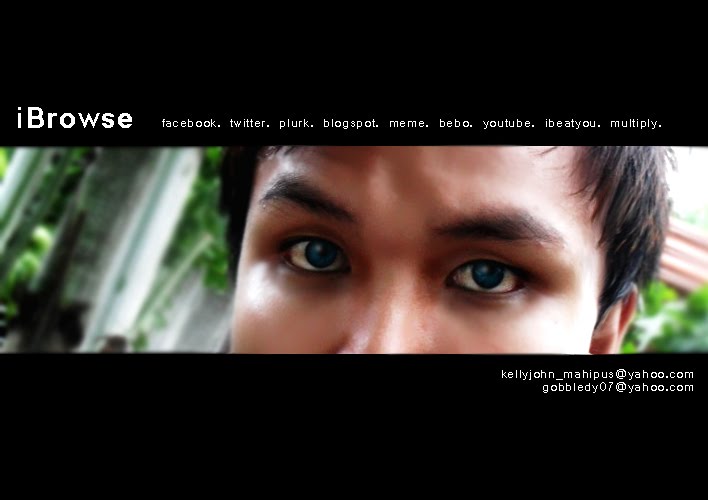The world has become a very visual one - art is all around us, or at least they are art as people classify them. Understanding art is understanding our world. A good first step is to try to understand what is mean by art.
"Art--the conscious use of skill and creative imagination especially in the production of aesthetic objects."--(Webster's Ninth New Collegiate Dictionary)
The word "art" comes from the Latin ars, which, loosely translated, means "arrangement" or "to arrange", though in many dictionaries you will simply find it tautologically, translated as "art". This is the only universal definition of art—that whatever it is was at some point arranged in some way. A few examples that show this meaning is too broad, includes artifact, artifice, artillery, medical arts and military arts. However, there are many other colloquial uses of the word, all with some relation to its etymological roots.
A definition of art that seems correct to many Americans in the 21st century is likely to differ greatly from definitions of art in non-Western cultures, in tribal societies, and in other historical periods (Barnes, 2006).
Defining art raises problems also in that since the beginning of the 20th century some artists have sought to challenge the very definition of art. Their art objects may lack the qualities long associated with art, such as beauty, skilled craftsmanship, and clear organization. These art objects may even be indistinguishable from consumer products.
Art is a very slippery subject for whom everyone has a different definition. There had been a lot of curiosities on art. Academicians, thinkers, and scholars of all ages and nationalities around the globe have endeavored to define this thing called art. However, the definition of art is extremely elusive or indefinable. It is difficult (or perhaps impossible) to come up with a single definition that will include all forms of art and please everybody.
Recent attempts at explicating the essential character of art have given rise to discussions concerning the significance of this question for artistic or aesthetic theory and to skepticism in some quarters about the very possibility of defining ‘art’ (Berleant, 1964). While this issue raises numerous difficulties, not the least of these revolves around the nature of the concept of ‘art’ itself. Some term it an “open” concept, since its boundaries, by the very nature of an empirical concept, cannot be finally drawn. Consequently, defining art is a very subjective matter.
Thus, the word art connotes a sense of ability, of the mastery of a medium, of the efficient use of a language so as to express meaning, nearness or depth. Making this judgment requires a basis for criticism: a way to determine whether the sensory input meets the criteria to be considered art, whether it is perceived to be ugly or beautiful. Perception is always colored by experience, so a reaction to art as "ugly" or "beautiful" is necessarily subjective.
Although a firm definition of art may seem like a good idea, and
philosophers in the field of aesthetics have attempted to come up with one, it is
possible to create and enjoy art without such a definition.
(Research Proposal/AH2)
